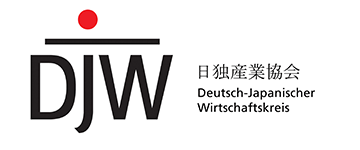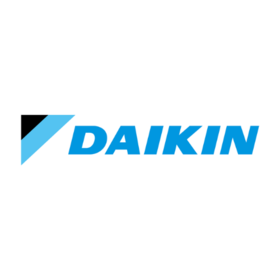Summary of the discussion with Kozo Koide and Gerhard Wiesheu
Residence Executive Briefing / DJW "Yoru no Kai" held on Jan. 10, 2018 in Tokyo
For DJW, it was a fabulous start into the New Year. Together with the German Ambassador to Japan, Dr. Hans Carl von Werthern, we invited our corporate members and guests to join a "Residence Executive Meeting" to discuss the economic prospects for 2018. Kozo Koide, Chief Economist at Asset Management One, the largest Japanese asset management company, and DJW Chairman Gerhard Wiesheu, Partner at Metzler Private Banking, shared their views.
Both share the opinion that it would be quite reasonable to be optimistic, as the global economy is generally in a good shape. After a turbulent year with important elections and political uproars all over the globe, the world economy is looking as strong as if the financial crisis was a long forgotten relict of the past. Economic growth worldwide is picking up again with a long-awaited cyclical recovery in investment, manufacturing and trade. World growth is expected to rise to 3.7 percent in 2018 (IMF), and a GDP growth around 2 % is anticipated for Japan as well as for Germany. The Nikkei index climbed impressively during last year and is up by more than 900 points compared to 2017, and the highest since January 1992; while DAX tripled since 2009 (14 % growth in 2017 compared to 2016) (see chart 1).
What are the main challenges for our two economies?
Wiesheu explains the uncertain inflation outlook with the break-down of the Phillips curve. It means that the third wave of digitization disturbs the relationship between economic growth and inflation. He stresses that presently the U.S. and China are leading the digital disruption, and Japan and Europe will have to catch up. Government support for digital education, corporate capex and R&D expenses might be necessary; public investment in digital infrastructure is needed as well.
Koide points out that a proactive corporate management will be an indispensable condition for getting out of deflation in Japan. He sees the major reason for sluggish wage growth since the 2000s in the compositional change where the share of temporary staff has been continuously elevated. However the labor participation rate of middle-aged women, which has been the major source for non-regular workers, has been saturated.
At the same time, the growth of capital expenditure is also important to get higher labor productivity growth. In the longer run, the capital equipment ratio, the real capital stock per capita is very important for sustainable growth. He definitely sees the more proactive use of cash by corporations for wage growth and expansion of capital expenditure as one key element for attaining moderate sustainable inflation associated with higher growth potential. A retrial for moderate sustainable inflation could bring disruptive positive effects and a chance for positive behavioral changes in the economy. Koide sees wage increase with productivity growth combined by service price inflation as one of the key elements for getting 2 % sustainable inflation and believes that 2018 could mark a memorable milestone year for Japan to rejuvenate its economy with corporate vitality.
Which economic drivers will have the biggest impact within the next years?
Digitization is expected to be one of the major challenges and put pressure on inflation and wages – in spite of the economic upswing. The third wave of digitization is forcing companies to invest, and capex (nominal private and corporate capital expenditures) has already turned upward in Japan and the Euro area. It is also a chance for companies in Germany and Japan because of the workers shortage (see chart 2).
Another important trigger for our bilateral relations will be the Economic Partnership Agreement / Free Trade Agreement (EPA/ FTA) between Japan and the EU, which will enter into force in 2019. DJW endorses the EPA/FTA, as it will improve the trade and cross-border investments between EU and Japan, creating new employment opportunities and benefiting the SMEs on both sides. It will also improve the protection of intellectual property rights and thereby facilitate the innovation in EU and Japan. It is also an important insurance against the risk of a trade conflict with the United States.
All participants agree that, especially with regard to geopolitical developments, it seems of high importance that Japan and Germany continue to take special care of their traditionally strong partnership. The new developments are certainly going to open new chances for cooperation, especially on the level of small- and medium-sized companies.
For further Information of the event, please visit our event archive.



























